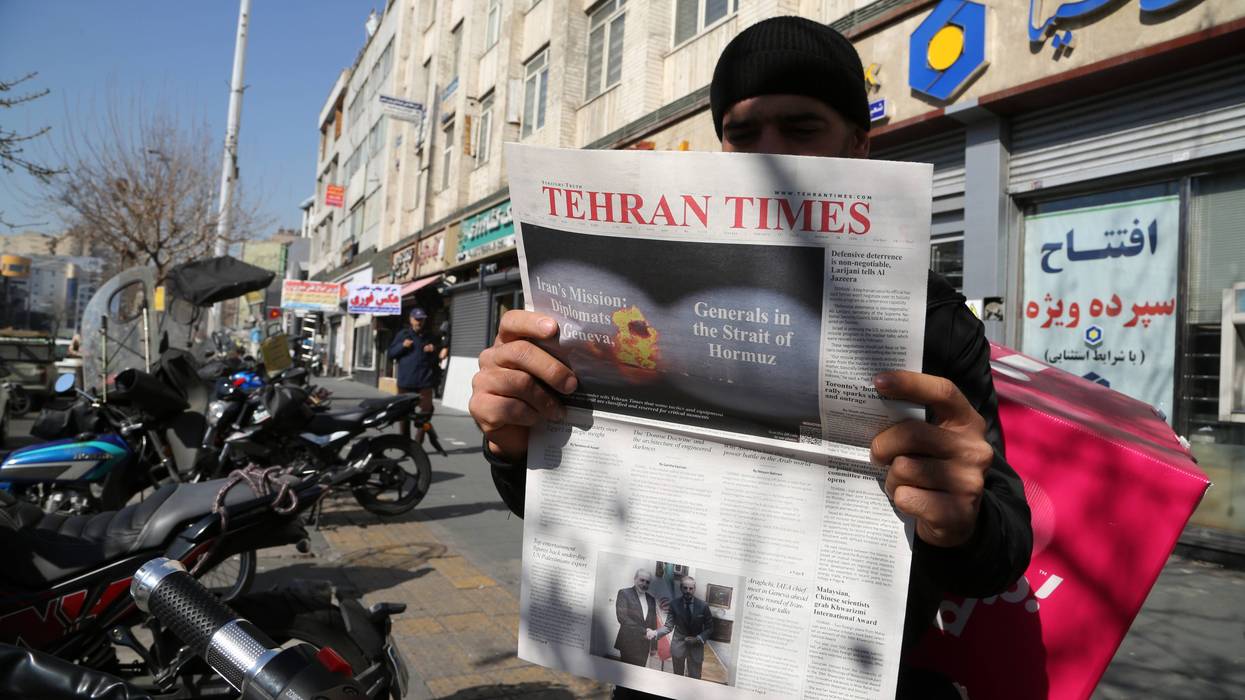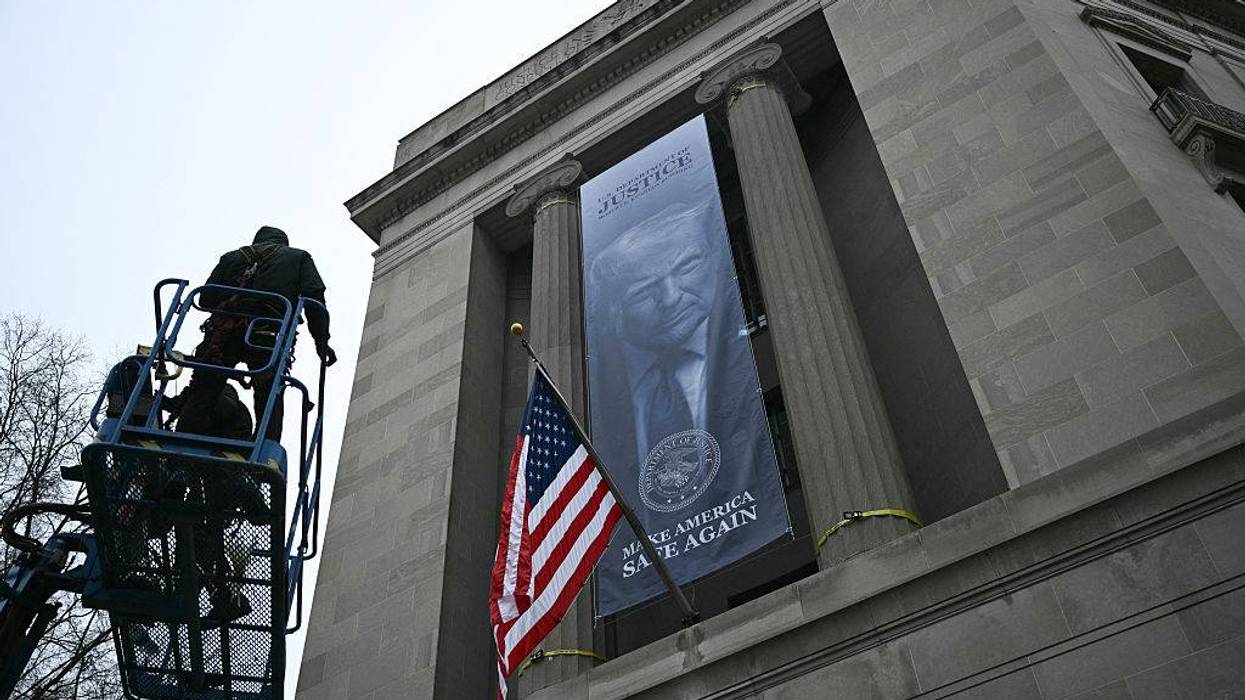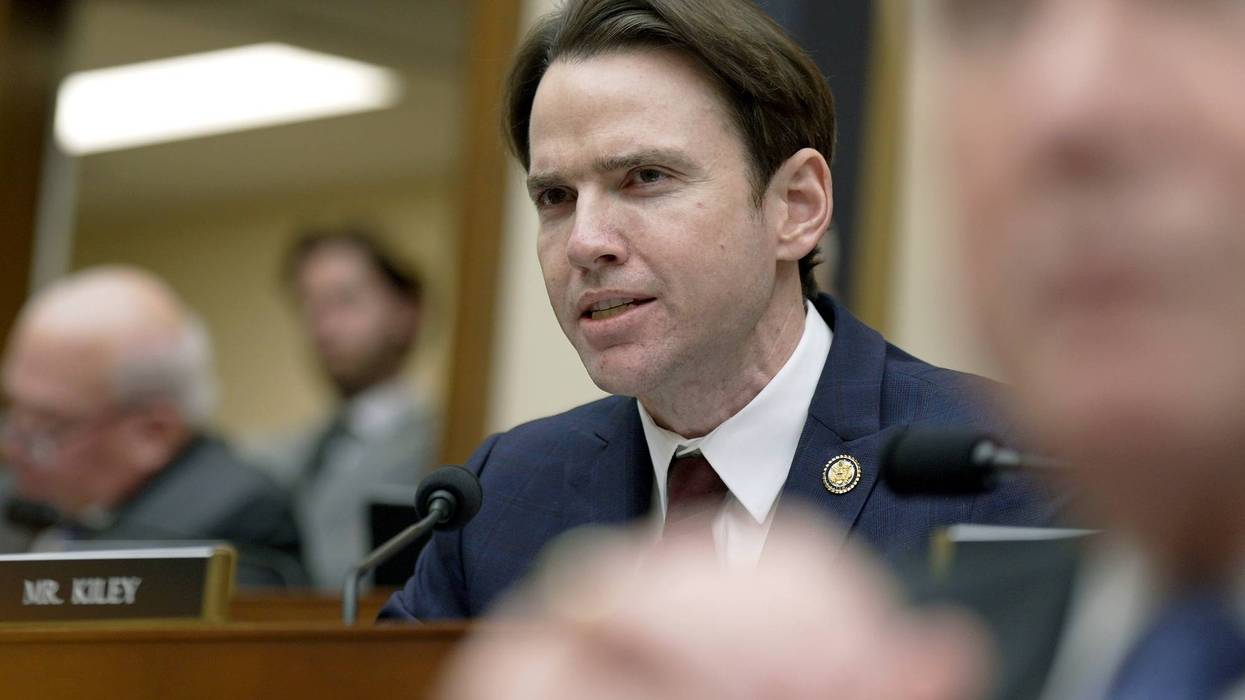Today, in light of a national security directive mandating a review of the impact of sanctions on COVID-19 relief efforts, 55 humanitarian, research, peacebuilding, faith-based, human rights, and other civil society groups - representing over 65 millions supporters - sent a letter to President Biden urging immediate sanctions relief and outlining necessary legal reforms to ensure sanctions do not harm innocent civilians.
Read the full text of the letter here.
"The U.S. cannot continue to claim to care about the wellbeing of civilians on one hand while restricting basic goods required for the welfare and livelihoods of whole populations on the other hand," said Daniel Jasper, Asia Advocacy Coordinator for the American Friends Service Committee. "Sanctions impede the delivery of humanitarian aid and the result is civilians bear the burden of ineffective, dangerous, and counterproductive U.S. foreign policy."
The letter urges the President to make the agency review process transparent, broaden humanitarian safeguards, address the reluctance of financial institutions to work with humanitarian actors in sanctioned locations, implement ongoing assessments of the human costs of sanctions, and indefinitely suspend broad-based sanctions on civilian sectors that leave populations more exposed to humanitarian emergencies.
The 55 organizations, some of which have decades of experience operating in heavily-sanctioned contexts, highlight the fact that sanctions can prevent the delivery of COVID-19 relief, medical supplies, and goods needed for things like childcare or food security projects, as well as limiting communication and partnerships necessary to deliver aid and monitor ongoing projects.
"The health impacts of the COVID-19 pandemic go well beyond the virus itself. Globally we are seeing compounding health impacts hitting the already vulnerable - from falling immunization rates to increased malnutrition and surging mental health needs," said Paul Shetler Fast, Health Coordinator for Mennonite Central Committee. "Sanctions and travel restrictions have significant downstream impacts on the ability to end this pandemic and for humanitarian organizations to respond to the many urgent health needs exacerbated by the pandemic."
Citing a growing body of independent literature that shows the impacts of sanctions on civilians, the letter also highlights the dangers that sanctions pose to global security amid a pandemic. The authors note that "sanctioned countries and locations could continue to be, or could become, hotbeds of infection for years, providing ample opportunities for the virus to mutate into more contagious and deadly strains.
"For too long, the United States has reflexively relied on suffocating, broad-based sanctions with absolutely no regard for their impact on everyday people," said Win Without War Deputy Director Sara Haghdoosti. "At any time -- but especially during a pandemic -- these sanctions regimes are inhumane, deadly, and a threat to global health. On top of it all, they are proven to undermine the work of changemakers struggling for progress within sanctioned countries. This is a no-brainer: it's time for reform."
"President Biden's decision to review the impact of US sanctions on COVID-19 responses is a step in the right direction. However, before the pandemic, US sanctions were already responsible for detrimental economic and humanitarian outcomes across the globe. The Biden administration must act to broaden transparency over our sanctions policies and their impacts, and immediately move to end the collective punishment of civilian populations,"said Cavan Kharrazian, Foreign Policy Campaigner, Demand Progress.
"The regular US use of economic sanctions has had a devastating humanitarian impact on communities, with women and girls often the hardest hit. In much of the world, women and girls shoulder the responsibility of caring for family members and securing basic needs for their households. By raising food and fuel prices, weakening water infrastructure, and making medical equipment and care harder to access, economic sanctions only deepen these burdens," said Yifat Susskind, Executive Director of MADRE. "The Biden administration's decision to review the impact of sanctions on COVID relief efforts is a positive first step, and should include a study of its gendered impacts in consultation with women's groups in targeted countries."
"The Biden administration's review of the impact of economic sanctions on COVID relief efforts is an encouraging first step toward recognizing the enormous suffering that US sanctions have brought upon innocent civilians," said Alexander Main, International Policy Director at the Center for Economic and Policy Research. "As the administration performs the review, it should consult humanitarian groups, human rights experts and multilateral agencies - like WHO and PAHO - that witness the effects of sanctions on local communities. The administration should also immediately ease existing unilateral sanctions, as top UN officials and European leaders have called for. In the longer term, the administration should comply with international law and basic moral standards and stop implementing unilateral economic sanctions."





